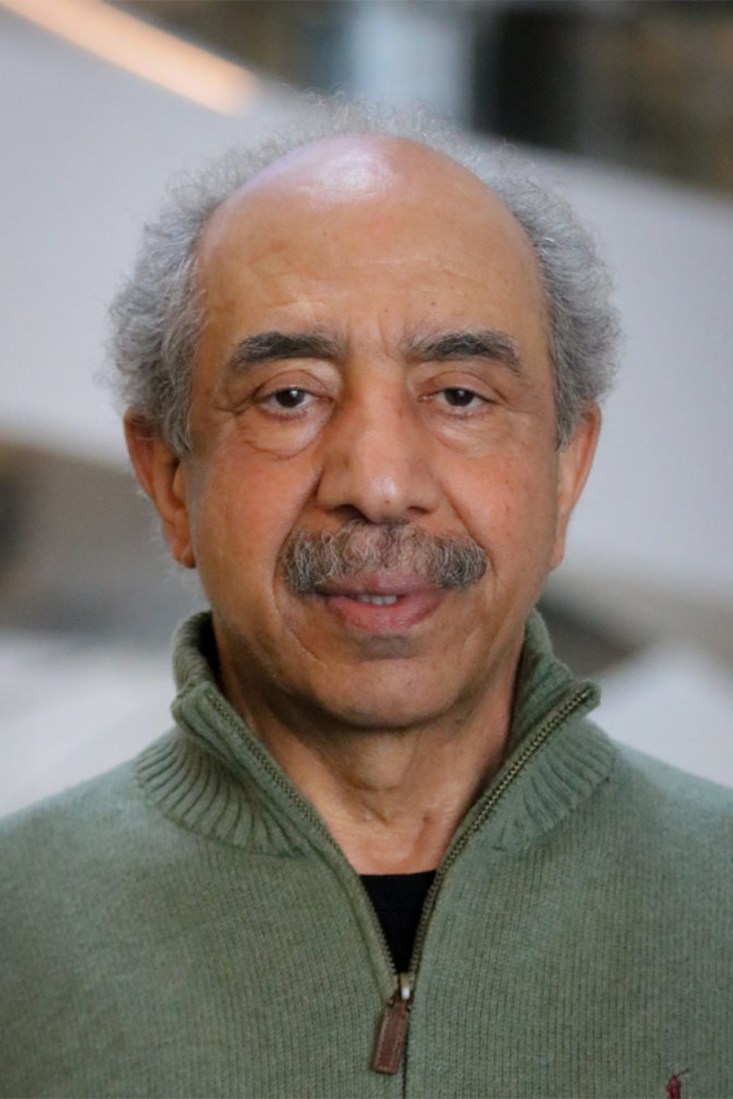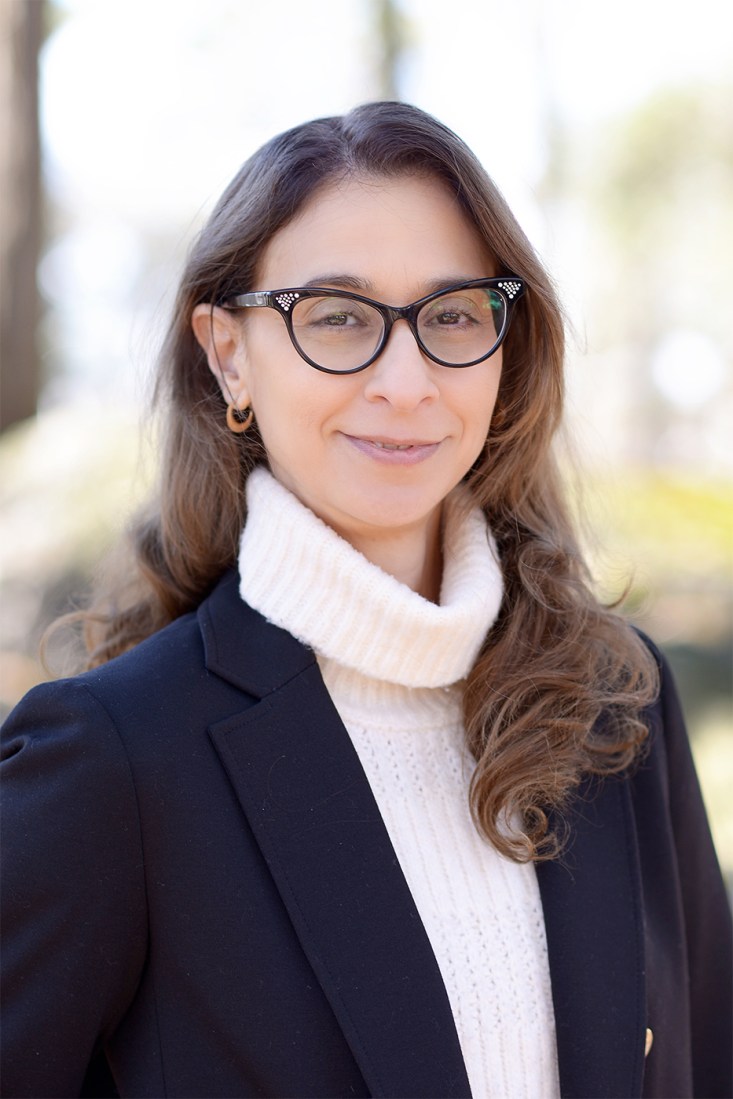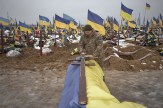What does the fall of Assad mean for Syria’s future? Northeastern experts say it’s ‘a cause for celebration’ and concern
Rebel groups overthrew Assad after a long civil war, but can the groups unite to lead the country?

Syrian rebels overtook the capital of Damascus over the weekend but the future of the country is uncertain, Northeastern University experts say.
“It’s a cause for celebration,” says Rima Farah, a visiting lecturer in Jewish studies at Northeastern who studies the cultural and political history of the modern Middle East. “But people now have to look forward to how to proceed and … build a state with a constitution that protects everyone…There’s a lot to take into consideration, but I can understand the hope and the celebrations.”
Now former President Bashar al-Assad fled the country, marking the end of a regime that began with the president’s father in 1970, one that was highly criticized for its autocratic rule.
The overthrow signals a new chapter for the country and joyous responses from many who had to flee during 13 years of civil war.
There are several rebel groups behind this uprising, the main one being Hayat Tahrir Al-Sham. This group was founded during the start of Syria’s civil war and was once an affiliate of al-Qaeda, seeking to create an Islamic caliphate in Syria.
“They define themselves as freedom fighters and rebels,” says Farah who was a fellow at the Israel Institute. “Their leader, Ahmed al-Sharaa (who used the name Abu Mohammed al-Jolani while fighting) declared the unity of Syria and avoided using a narrative or terminology that would not appeal to the liberals in Syria and to the West. But in the end it’s a jihadist group, and a segment among this group was part of al-Qaeda in Syria.”


The group split from al-Qaeda and has since claimed to take a more even-keeled approach, with new goals of claiming territory within Syria and establishing an Islam-inspired government.
Hayat Tahirir Al-Sham was joined by other rebel groups, including the Syrian National Army, which was backed by Turkey, as well as the Kurdish coalition of the Syrian Democratic Forces, says Farah.
Hayat Tahirir Al-Sham’s previous affiliations are a cause for concern for Syria’s future, says Shakir Mustafa, a teaching professor of Arabic at Northeastern.
“My feeling is that the (rebels) will try to impose their ideology,” he says. “They are very good at getting to power, but once they do that, they have absolutely no idea what to do with that other than imposing their ideology and levying heavy taxes on the population. … It’s like jumping from the hot pan into the fire. It’s really two bad options, and it’s a heartbreaking situation.”
The groups are replacing Assad, who was part of the Arab Socialist Ba’ath Party. He and his father — who ruled before him — are Alawites, a religious sect that came from Shia Islam and are in the minority in Syria.
“Assad’s regime and the Ba’athist regime are very oppressive,” Farah says. “It’s an oppressive regime. Assad is an Alawit, so it’s a minority that is ruling Syria … and he is dominating every aspect of life. You cannot express your opinion freely. You cannot oppose the leader. You cannot create an opposition. The Ba’athist regime started under the socialist banner … but it has transformed more into a dictatorship.”
In 2011, the Arab Spring began, leading to uprisings around the Middle East. While this led to government overhauls in many countries, in Syria, it was the start of a violent civil war, Farah says. Assad responded to the uprisings with violence in order to silence the opposition.
“In Syria, specifically, the whole Arab Spring was transformed more into a brutal civil war, and it had really devastating consequences,” Farah says. “The more these protests expanded, the more brutal Assad’s regime was to suppress them. … He attacked the people with chemicals. He was expelled from the Arab League, and he was cut off from the Arab world because of what he did.”
Editor’s Picks
As a result, millions fled Syria, seeking refuge in countries elsewhere in the Middle East and Europe.
For many years, Assad was backed by Iran, Russia and Hezbollah, Farah says. These outside forces helped him stay in power. But between Russia being at war with Ukraine, Israel fighting against Hezbollah, and Iran being in conflict with Israel, Assad quickly lost his backing.
“It went so fast,” Farah says. “People were not expecting it. … Nobody expected that Assad (who is now in exile in Russia) would leave very fast. … You have so much happening and there’s not enough support now for Assad to keep his regime.”
Now, many Syrians are returning to Syria, free of fear of retaliation from Assad. But the future of the country remains unclear. Many are concerned the group will revert to hard-line approaches again now that it is in power. Mustafa pointed to the rise of the Taliban as an example of this.
“Their rhetoric now is that they have technocrats working for them, and I am very skeptical about this,” Mustafa says. “Remember what the Taliban said in Afghanistan, that they would respect human rights and women’s rights and they would not rule as a fundamentalist group. That rhetoric collapsed a few months later after they got to power. … The rebels have been smart and given people the sense that they are not really interested in bloodshed, but they are a scary group.”
Farah says other countries, like Egypt and Tunisia, had extremist movements take over the country after the Arab Spring, but they were also eventually overthrown. Something similar could happen in Syria, she says.
“You had so many people together … united under one thing, to topple the regime and then the problems will start after that,” she says. “The fall of the Assad regime can be considered a positive thing. We can understand why people wanted to get rid of the dictator. We can consider this a new start. … I do hope that the international community will really help Syria to stand on its feet and to create an entity that will be democratic for all its citizens.”











